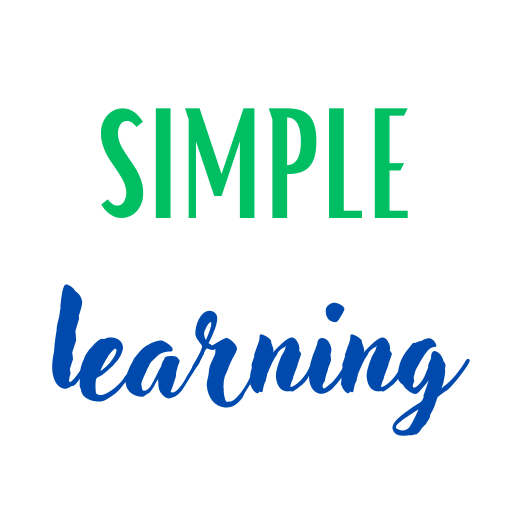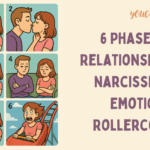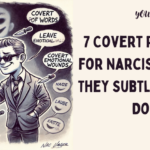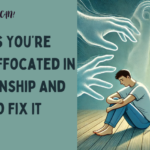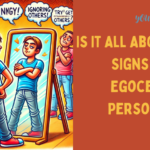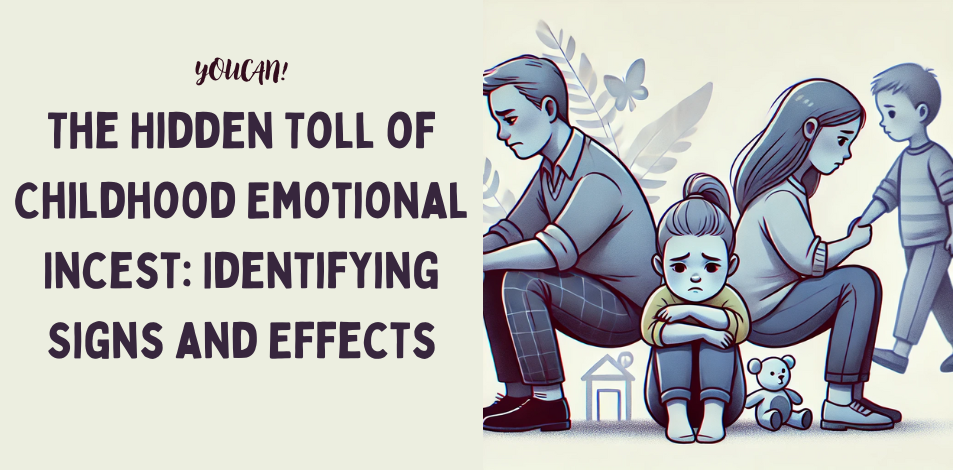
Emotional incest disrupts the parent-child relationship, leading to emotional dependency. Let’s take a look at the signs and effects of this ambiguous relationship to better understand it. Emotional incest is often compared to actual incest because it has long-lasting effects on psychological and social development, even into adulthood.
The targeted child is sometimes referred to as a “spouse,” due to the intertwined parent-child relationship or the mutual dependency between them.
Dysfunctional Family Systems
Emotional incest can occur in dysfunctional families. Examples include intertwined families with unclear boundaries that impact the entire family unit. This prevents children from forming their individual identities and having their needs met.
Emotional incest refers to a parent-child relationship where the parent has difficulty maintaining an intimate relationship with their spouse and establishing appropriate boundaries with their child.
Problems typically arise between the parents, including the absence of one parent due to work, addiction, divorce, or death. Single-parent families, families with mental illness or addiction, or families with one child are at greater risk.
Overbearing parents lack companionship and support. They use the child to meet their emotional needs, such as intimacy and romance, ego-satisfaction, advice, problem-solving, appreciation, attention, and care.
This reflects the parents’ feelings of loneliness or depression. They may not be aware of their own unmet emotional needs and that they are using their child to meet these needs.
They often don’t realize the damage they are causing and feel they are showing love, or even sacrificing themselves, for their child. The spouse often resents the other parent’s alliance with the child raised in incest.
This breeds jealousy and rivalry with the innocent child, who doesn’t understand the rejection of the non-overbearing parent. The closer the child is to the overbearing parent, the more resentful they become.
Children don’t realize that the overbearing parent plays a role or bears any responsibility for their negative feelings. There may also be excessive rivalry between siblings in the family.
Some cultures embrace social and cultural values and parenting styles that make families more vulnerable to emotional incest.
Parents expect loyalty and dependency from their children, whom they view as extensions of themselves and an investment in their future. It is often common for parents to share their problems with their children.
Parental control discourages children’s independence and initiative. Economic circumstances may also create conditions for childrearing.
Effects of Childhood Emotional Incest
The Childhood Emotional Incest Scale (CEIS) predicts decreased life satisfaction and increased anxiety when a parent uses their child to meet their emotional or sentimental needs. Emotional incest is associated with childhood trauma and decreased warmth and security.
Examples include when a child becomes a close friend or companion to a parent. Favoring the child in this way is considered an emotional seduction. However, as with parenting, it places children in an age-inappropriate role where they cannot express themselves honestly. They often become privy to secrets or information they are unable to understand or process.
This can occur in families with addictions where the non-addicted parent is isolated and lonely, or where the addict neglects their adult responsibilities and uses the child as a substitute partner.
The child may have to worry about household chores, take care of the children, and provide emotional support for one parent, or their needs may go unmet due to parental conflict or neglect. Children raised by both parents become self-sufficient, hyperactive adults who neglect their own emotional needs. In other cases, both parents use the child to manage their dysfunctional relationship.
Children are drawn into parental conflicts and forced to play the role of mediator or problem solver. Emotional incest takes one of two paths. Either the intrusive parent withdraws suddenly or gradually from the child, usually in adolescence; or the entangled relationship continues into adulthood. Neither path is optimal.
In the first case, the adolescent feels abandoned and may prematurely and/or obsessively seek romantic relationships to fill the void (as well as the void of the jealous, emotionally unavailable parent). This can result in a pattern of abandonment, especially if the child feels rejected by the uninvolved parent. When the parent-child relationship continues into adulthood, it weakens the adult child’s ability to bond and connect intimately with their partner.
It can also create an emotional conflict between loyalty and prioritizing the needs and desires of the parent and partner. As the child matures, it is normal in healthy family systems for them to gradually abandon the idealized image of the parent. However, in dysfunctional families that experience trauma, such as divorce, abuse, or death, the child’s normal development is often stunted, leaving the idealized parent untouched.
Similarly, due to separation, the devalued and rejecting parent is often viewed as the “bad” parent. This idealization and/or devaluation is often projected onto romantic partners. No potential partner can match the idealized parent.
Effects_and_Signs_of_Emotional_Incest
Targeted children often feel more mature and responsible than one or both parents. They may feel the need to comfort or offer advice to their single, depressed, or abused parent (and later their partner). Their loyalties are conflicted or biased toward one parent. Have you noticed any of these behavioral signs?
- You were more mature than your parents when problems arose.
- You counseled your parent about emotional difficulties.
- You took sides in their disagreements.
- You mediated their disagreements.
- Your parent expressed feelings of emotional distress to you.
- Your parent turned to you for comfort and support.
- Your responsibilities were inappropriate for your age. You realize you were unable to fully enjoy your childhood.
- You prioritized your parents’ needs over your own. You wished you had the parents of your friends. You had to “grow up” to support your parents.
- You had to manage or manage household responsibilities for your parents. They not only sacrifice a safe and carefree childhood, but they also lose adequate protection, nurturing, guidance, structure, discipline, affirmation (of their true self), and affection.
Emotional incest negatively affects children emotionally and psychologically, causing anxiety and distorting their view of their parents and intimate relationships. Have you experienced:
- Poor self-esteem (either too high or too low)
- Problems with peer relationships
- Eating disorders
- Depression
- Anxiety
- Parent bias
- Denial of needs
- Isolation
- Fear of rejection
- Idealizing the intrusive parent so that future partners aren’t good enough
- Lack of romantic interest in peers
- Self-image problems
- Feelings of inadequacy (shame)
- Guilt
- Fear of commitment
- Attraction to selfish partners
- Sexual problems (either suppression or acting out)
- A compulsive need for achievement
- Conflict with the non-intrusive parent
- Caring behavior
- Codependency
Family dysfunction leads to symptoms of codependency, including denial of needs and feelings, caring behavior, controlling behavior, shame, low self-esteem, intimacy problems, and impaired boundaries and communication. The relationship pattern established with the intrusive parent is often repeated in romantic relationships. The adult child learns to please his partner, adapt to him, and sacrifice his needs, and he is usually incompetent and dependent.
Self-Explore the Effects of Emotional Incest
Every case is unique. Think about your childhood and your relationship with both parents. Ask yourself:
- Did you experience any of the symptoms mentioned above?
- How did I feel about being the peacemaker, the problem solver, or the favorite child?
- How did I feel about myself?
- What did I lose in the process?
- How did it affect my relationships with my other parent?
- How did it affect my relationships with my peers?
- What decisions and beliefs did I form as a result?
- How did it affect my romantic relationships in adulthood?
